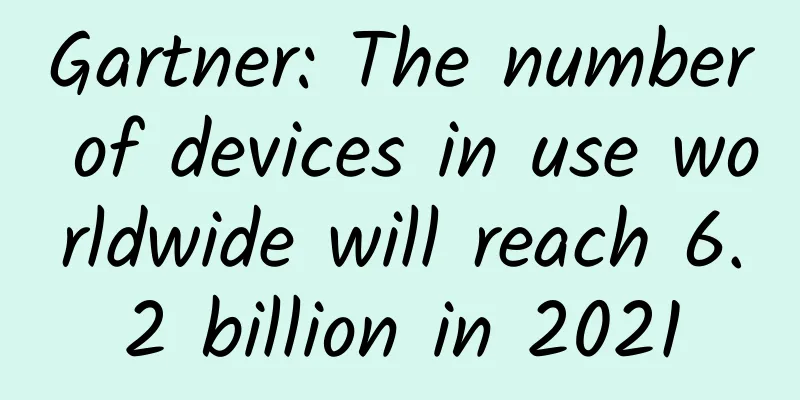97% of UK business leaders expect quantum computing to disrupt their industry

|
A significant number (97%) of UK business leaders expect quantum computing to have a high or medium impact on their industry, according to a report released yesterday by EY. The EY Quantum Readiness Survey 2022 report contains responses from 501 C-level business leaders to a series of questions about the impact of quantum computing on UK businesses. The report found that nearly all (97%) executives surveyed in the UK expect quantum computing to impact their industry to a high or moderate degree. Furthermore, around half (48%) believe that by 2025, quantum computing will be mature enough to play a significant role in most companies’ respective areas of business. However, only a third (33%) of organizations have begun developing strategic plans to prepare for the commercialization of the technology. Furthermore, only 24% of companies have organized pilot teams to explore its potential or are currently working to do so. If current trends continue, "quantum computing could spark disruption sooner than many imagine," Harvey Lewis, partner in charge of client technology and innovation at Ernst & Young LLP, said in a press release. "For some organizations, this will create tremendous opportunity. For others, there are considerable risks," he said. “We believe that whether businesses thrive or fail in the coming years will depend on their overall readiness, which is determined by a range of business and technology-related factors, which we measure through a combination of quantitative and qualitative research in this survey,” Lewis added. Opinions on when quantum computing will reach sufficient maturity to make an impact vary by industry. Dr. Simon Plant, deputy director of innovation at the National Quantum Computing Centre (NQCC), said the range of industries already engaged in quantum computing is “extensive.” In the report’s foreword, Plant said quantum technology is only just emerging, “but has advanced rapidly in recent years.” He added that quantum technology offers “the potential to unlock new disruptive capabilities in computing, communications, sensing and more.” Other key findings: 72% of technology, media and telecommunications (TMT) respondents said future work related to cryptography is their top priority for using quantum computing and related technologies. 56% of advanced manufacturing companies have started strategic planning. 97% of organizations intend to strategically plan for the use of quantum computing within the next five years. The report reiterates that quantum computing technology is "rapidly maturing" and UK organisations "need to prepare". It says companies and public sector bodies starting to prepare should consider taking the following steps: Monitor interrupt signals Assess your organization’s readiness Research and explore use cases Explore the ecosystem Education, education, education Original title: 97% Of UK Business Leaders Expect Quantum Computing to Disrupt Their Sectors By Benjamin David Link: https://www.infosecurity-magazine.com/news/uk-business-quantum-computing/ |
<<: The fourth largest operator enters the market, and the 5G market welcomes a new growth point
>>: SD-WAN & SASE market grew 30%, but what are the challenges behind it?
Recommend
An article giving you a first experience with Apache APISIX
Apache APISIX is a dynamic, real-time, high-perfo...
What Internet speed do smart homes need?
The Internet of Things (IoT) is changing the way ...
HTTP protocol interview challenges
I am an atypical interviewer. For the first quest...
It is an inevitable trend to open up the 6GHz spectrum to 5G in the future
At the 7th Asia-Pacific Spectrum Management Confe...
Application of 5G in epidemic prevention and control in medical system
At the beginning of 2020, the COVID-19 epidemic w...
LTE vs. 5G: What’s the difference?
For years, it seemed like the hype about 5G would...
Russia faces internet communications crisis due to equipment shortage
The Information Technology Committee of the Russi...
I encountered message accumulation, but it is not a big problem
[[431068]] Hello everyone, I am captain. If you f...
Hostodo: Las Vegas/Miami NVMe hard drive VPS from $19.99 per year
Hostodo is a foreign VPS hosting company founded ...
Chinese Academy of Engineering Academician: 5G will consume 2.1% of national electricity consumption in 2026
On the afternoon of September 1st, at the "5...
You won’t know how slow your phone is until you see it! A conscientious tool to dig deep into your phone
This tool, called SoloPi, is used to monitor the ...
Ministry of Industry and Information Technology: my country has built and put into operation a total of 1.425 million 5G base stations
At 10 a.m. on January 20, 2022, the State Council...
LOCVPS Los Angeles CN2 line KVM is online, Los Angeles/Hong Kong Cloud/Hong Kong Confederation 30% off
LOCVPS has sent a new Los Angeles CN2 line host o...
How to speed up banking business innovation through comprehensive real-time monitoring?
In recent years, with the gradual deepening of th...
Why are operators trying so hard to promote 5G packages?
[[426961]] In July last year, an article on Xinhu...









